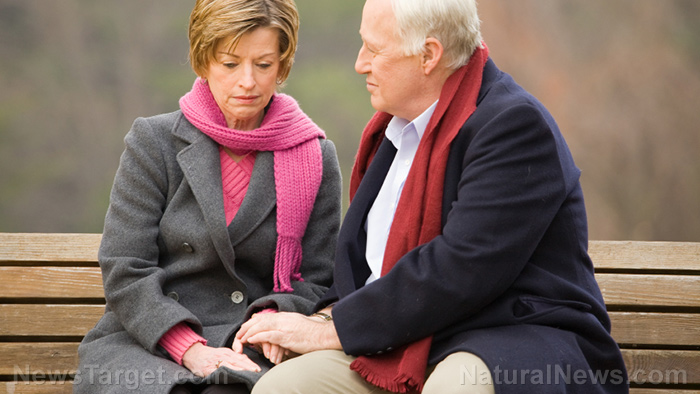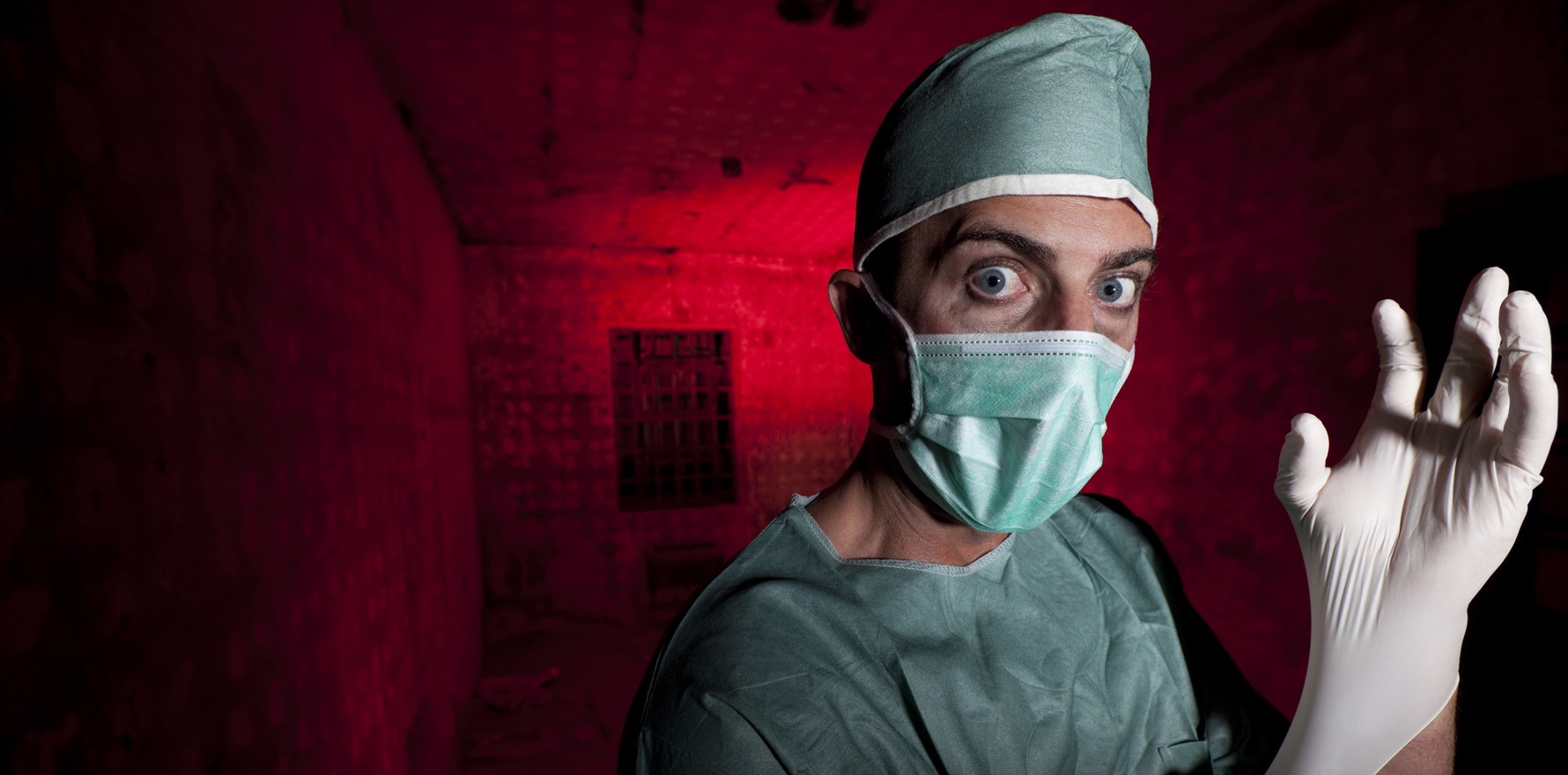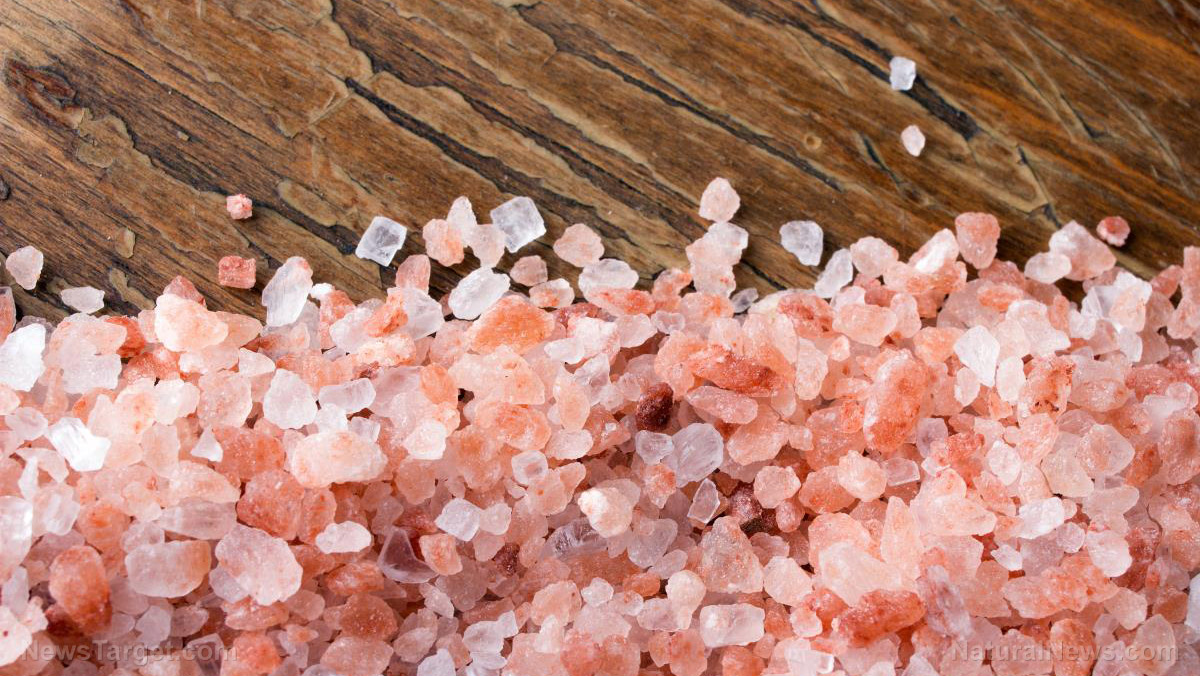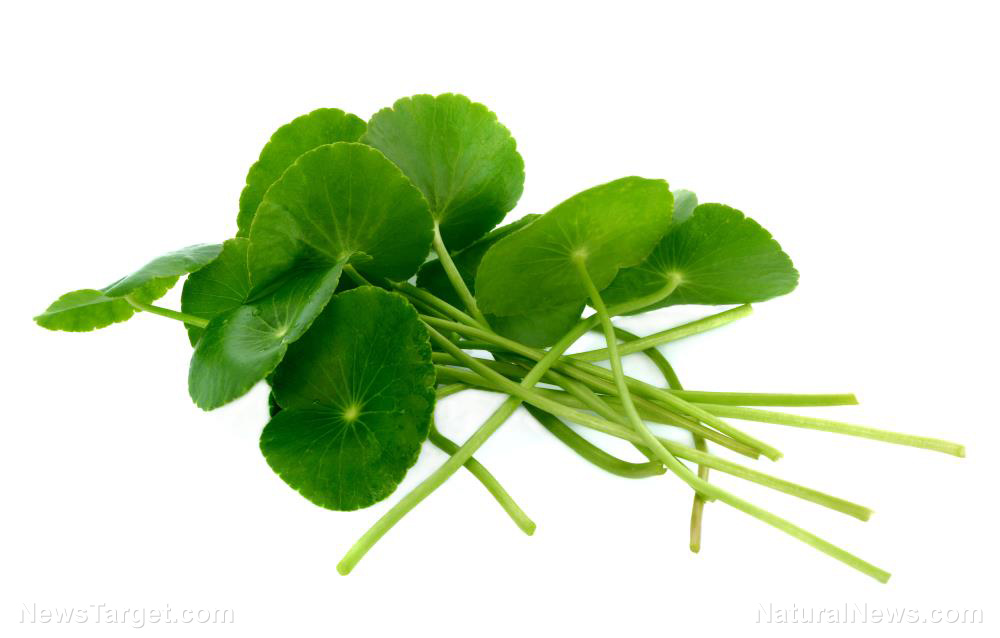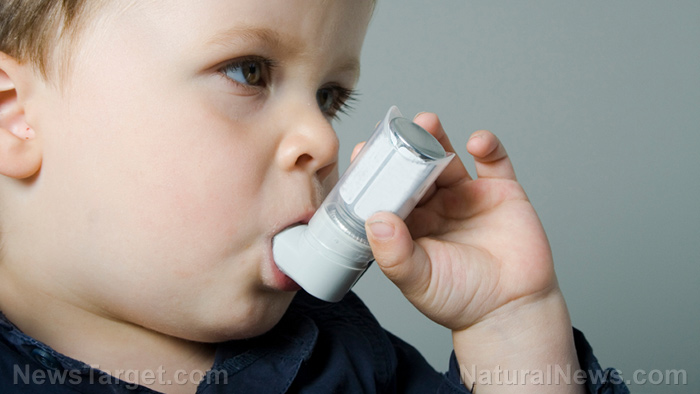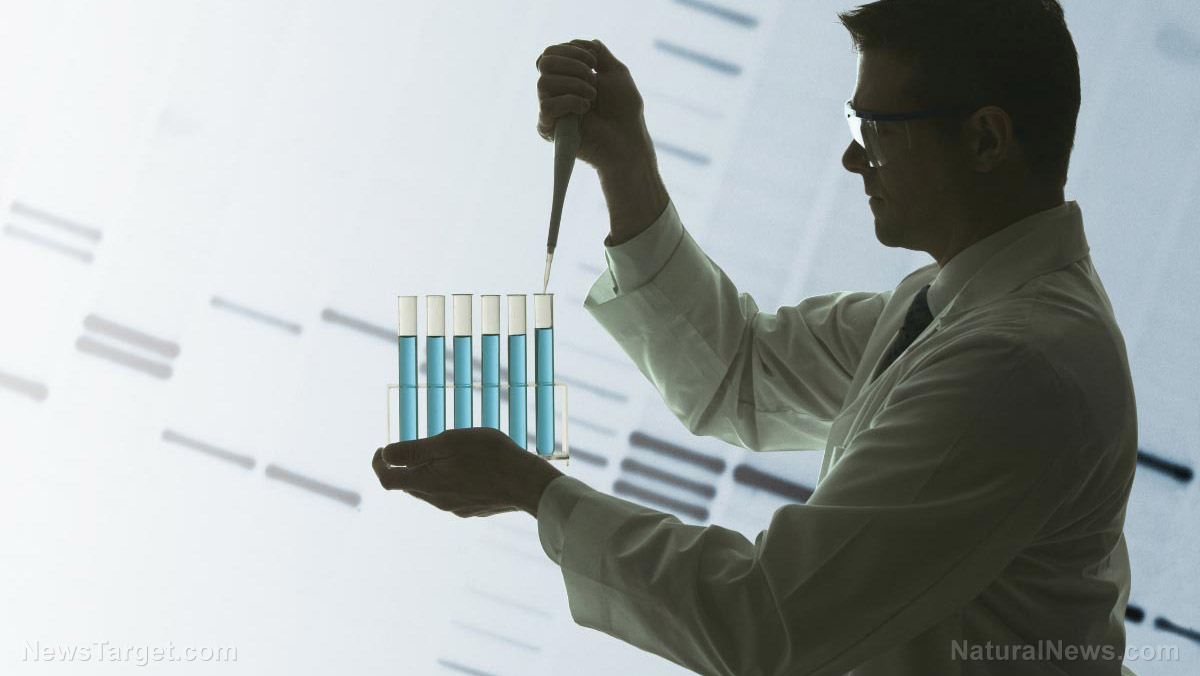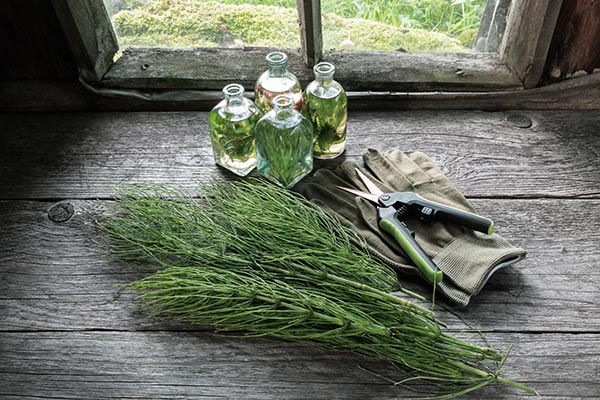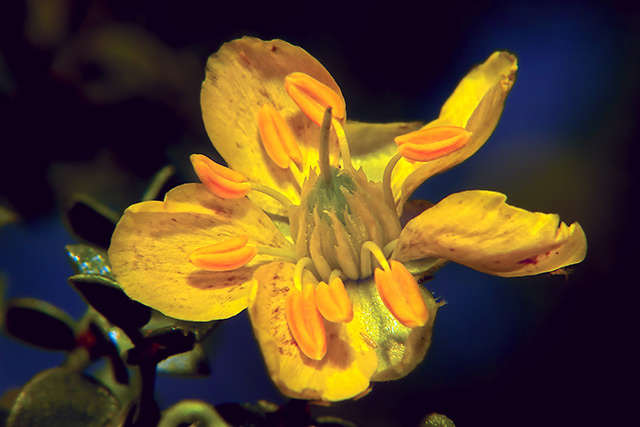Spirulina found to boost the body’s type 1 interferon response to fight RNA viral infections “including coronavirus,” new science finds
03/04/2020 / By Mike Adams

A new study published in Progress in Cardiovascular Disease on February 12 of this year reveals that spirulina may have tremendous potential to boost the body’s type 1 interferon response in fighting RNA viral infections.
While no substance has yet been proven to treat or prevent coronavirus infections, many new candidates are emerging from the world of nutraceuticals. In fact, the title for this study is, “Nutraceuticals have potential for boosting the type 1 interferon response to RNA viruses including influenza and coronavirus.” Several nutraceuticals are named in the study (see summary table below).
The study is found at this link:
https://doi.org/10.1016/j.pcad.2020.02.007
There, study authors explain the mechanism by which a spirulina component called phycocyanobilin (PCB) mimics bilirubin, allowing it to “mimic the NAPDH oxidase inhibiting activity” which means it blocks a key physiological mechanism used by RNA viruses to replicate in the human body.

The study begins by explaining the context of the importance of looking at nutraceuticals that may help stop the spread of the coronavirus:
In light of worldwide concern regarding the recent outbreak of a deadly novel strain of coronavirus in China, it is fortuitous that two recent discoveries point the way to effective nutraceutical measures for potentiating the type 1 interferon response to RNA viruses.
Here’s the full explanation from the study:
Moreover, the phycocyanobilin (PCB) chromophore of cyanobacteria (such as spirulina) and many types of blue-green algae, a biliverdin metabolite, has been shown to mimic the NAPDH oxidase inhibiting activity of unconjugated bilirubin, likely because it is rapidly converted within cells to phycocyanorubin, a compound very similar in structure to bilirubin.11,12 This phenomenon likely explains many of the profound antioxidant and anti-inflammatory effects observed when spirulina, phycocyanin (the prominent spirulina protein incorporating PCB as a chromophore), or PCB itself are administered in rodent models of human pathology.11,13 Hence, ingestion of spirulina or of spirulina extracts enriched in PCB may have potential for boosting type 1 interferon response in the context of RNA virus infection. Oral administration of a cold-water spirulina extract rich in phycocyanin has been found to decrease mortality in influenza-infected mice.
The study looked at several different nutraceuticals that may show real promise in protecting people from RNA viral infections. Here’s a quick summary from the study:
- N-acetylcysteine (NAC) – found to reduce influenza episodes and boost glutathione production
- Ferulic acid / Sodium ferulate – may activate TLR7 to stimulate type 1 interferon production
- Lipioc acid
- Sulforaphane (from cruciferous vegetables)
- Selenium – when people are deficient in this mineral, viruses replicate more quickly
- Glucosamine – may block a pathway used by viruses to replicate (activation of MAVS) – “This striking new finding points to the possibility that high-dose glucosamine supplementation might aid prevention and control of RNA virus infections.”
- Beta-glucans – stimulates the immune response against viruses
- Zinc – “Zinc supports the effective function and proliferation of various immune cells,” may reduce mortality by 27% according to previous clinical studies.
- Elderberry – “extracts of elderberry, in particular, have received considerable clinical evaluation, and have been found to be symptomatically beneficial in influenza and the common cold.”
Conclusion from the study:
In light of the foregoing, administration of spirulina (or a spirulina extract enriched in PCB), a phase 2 inducer (such as ferulic acid, lipoic acid, or sulforaphane), N-acetylcysteine, selenium, and high-dose glucosamine, in adequate doses, might be expected to help prevent and control RNA virus infections by amplifying the signaling functions of TLR7 and MAVS in evoking type 1 interferon production.
Doses recommended by the study:
Ferulic acid: 500-1,000 mg
Lipoic acid: 1,200-1,800 mg (in place of ferulic acid)
Spirulina: 15 g (or 100 mg PCB, which is an extract)
N-Acetylcysteine: 1,200–1,800 mg
Selenium: 50-100 mcg
Glucosamine: 3,000 mg or more
Zinc: 30-50 mg
Yeast Beta-Glucan: 250-500 mg
Elderberry: 600–1,500 mg
What’s especially important to note in all this is how every government authority is pushing pharmaceuticals and (non-existent) vaccines rather than encouraging people to use nutraceuticals that are available right now. Because of this total unwillingness to recommend potential anti-viral substances that are safe, affordable and available right now, these “authorities” are allowing the virus to replicate and spread in an accelerating manner, all to promote the financial interests of Big Pharma rather than support the health of the public.
They are more interested in protecting the profits of Big Pharma than in protecting the health of the public, in other words.
Read more news about Spirulina at Spirulina.news.
Disclaimer: This article is not intended to claim that any of these substances treat, prevent or cure coronavirus infections. These are merely candidates which are being studied for their potential. Currently there is no drug, no vaccine, no herb, no molecule on the planet which has been proven to treat coronavirus infections.
Submit a correction >>
Tagged Under:
coronavirus, covid-19, cyanobacteria, infections, natural medicine, Naturopathy, outbreak, pandemic, phycocyanin, phycocyanobilin, prevention, remedies, spirulina
This article may contain statements that reflect the opinion of the author
RECENT NEWS & ARTICLES
COPYRIGHT © 2017 NATUROPATHY NEWS

